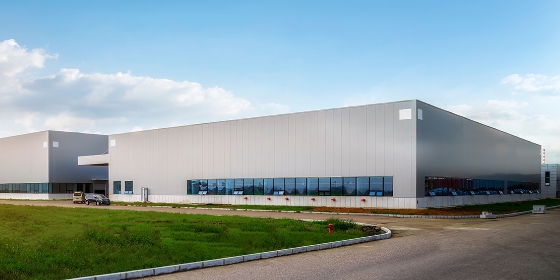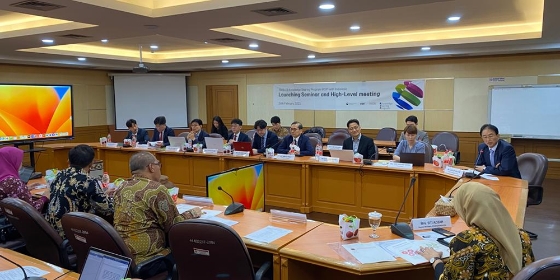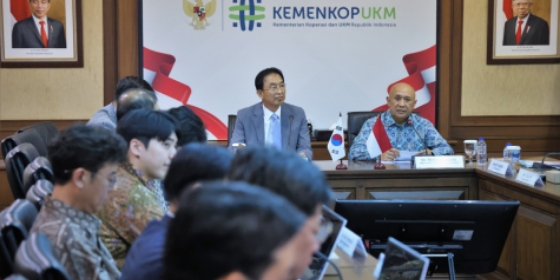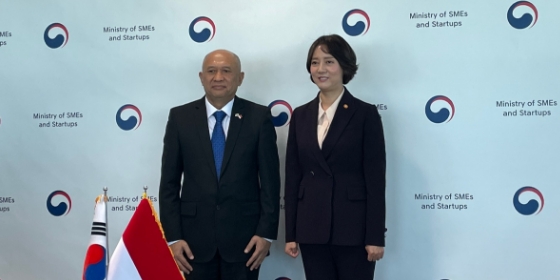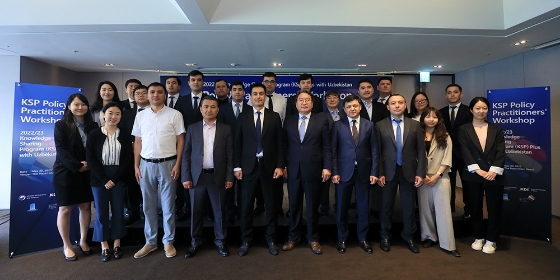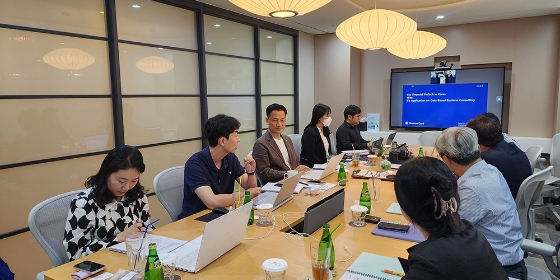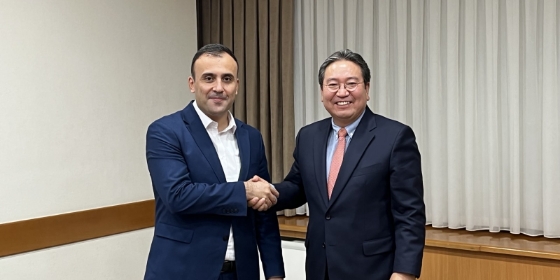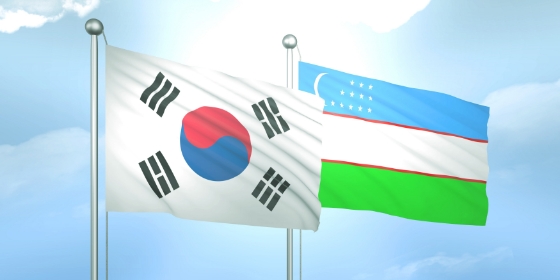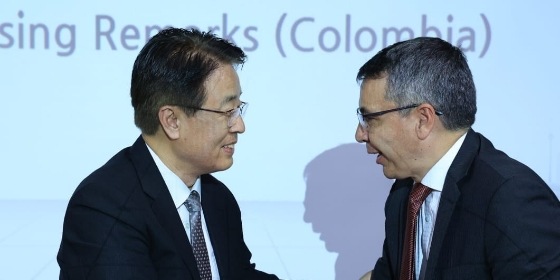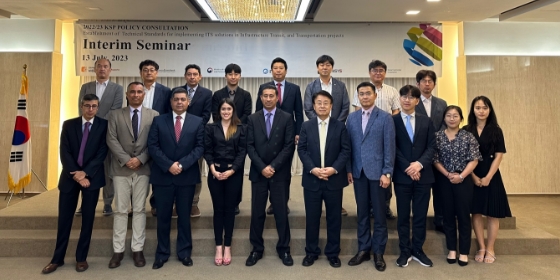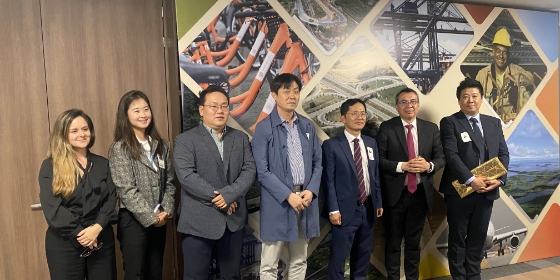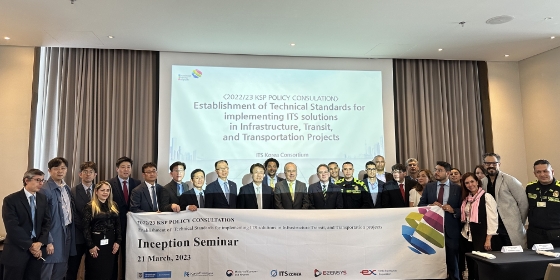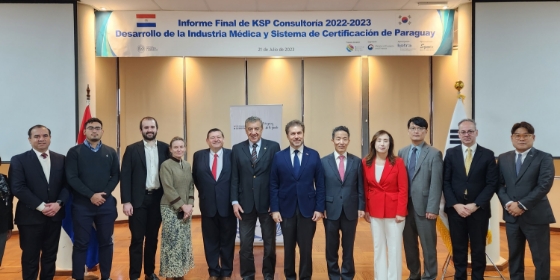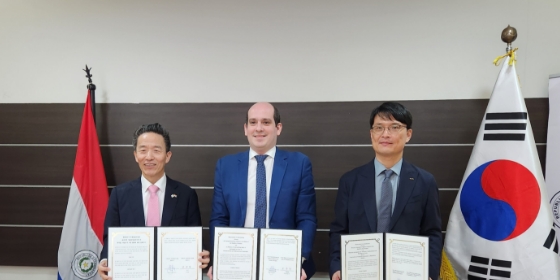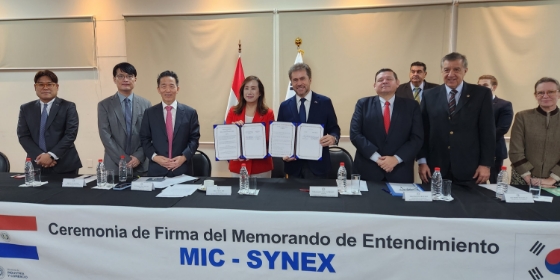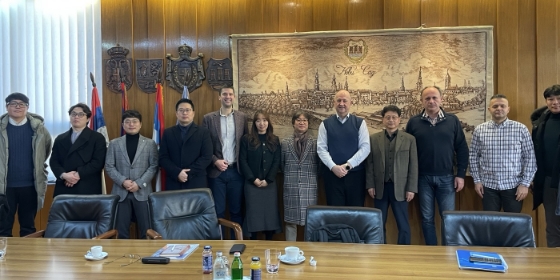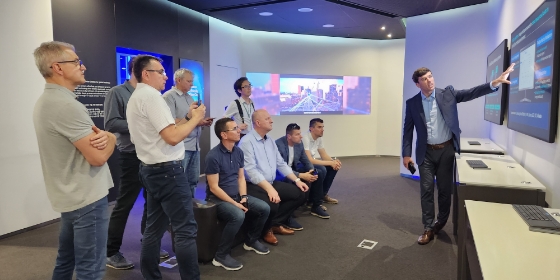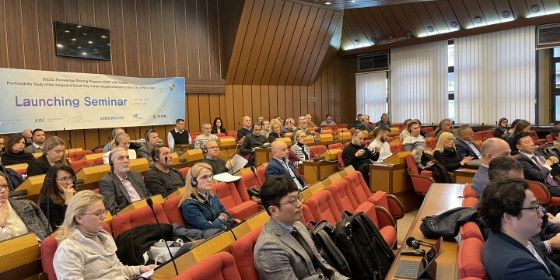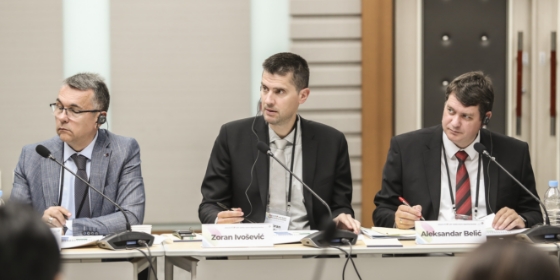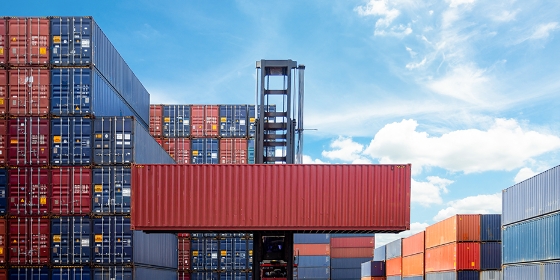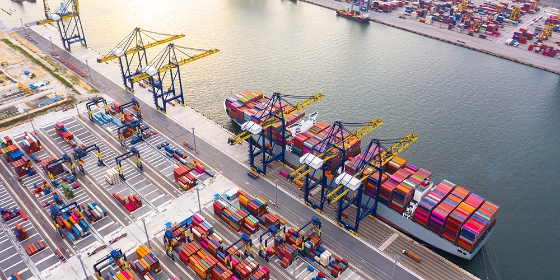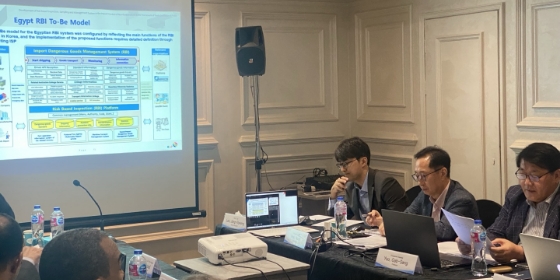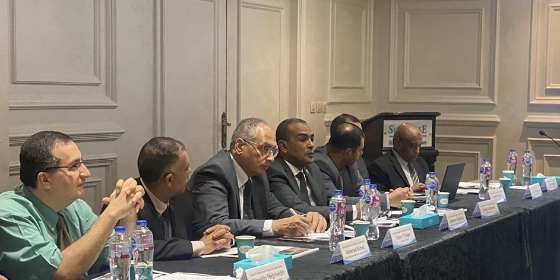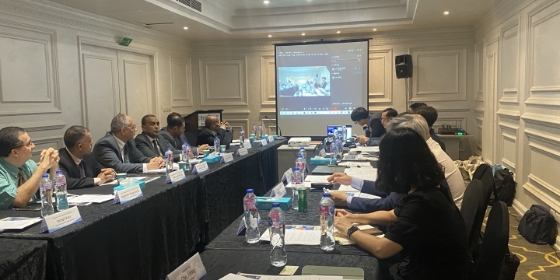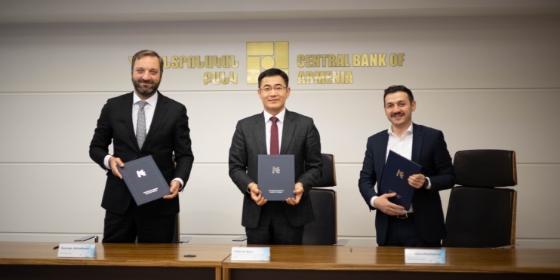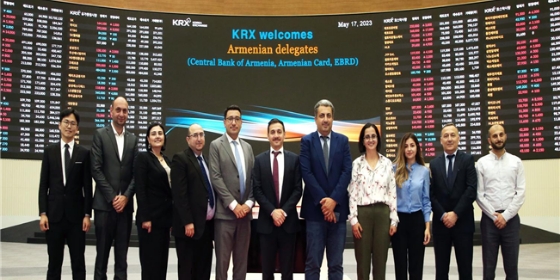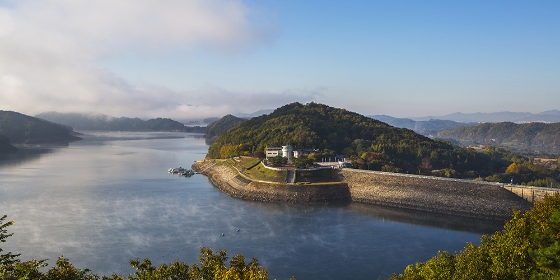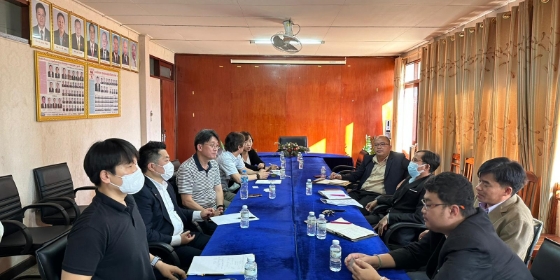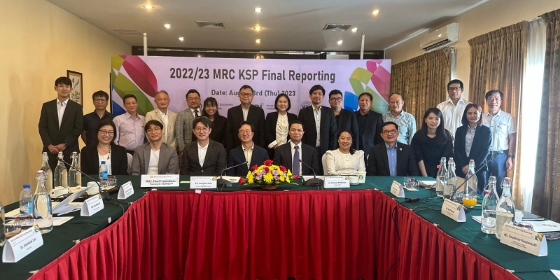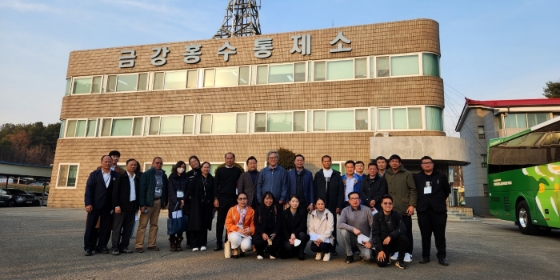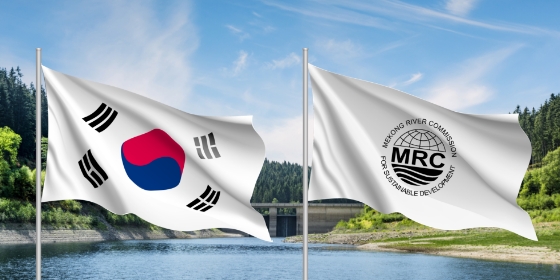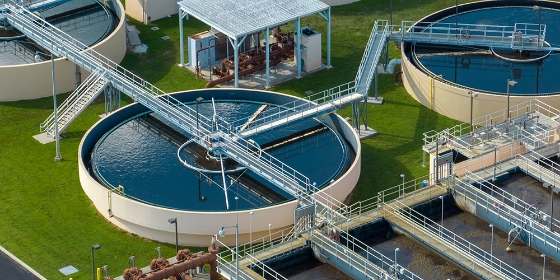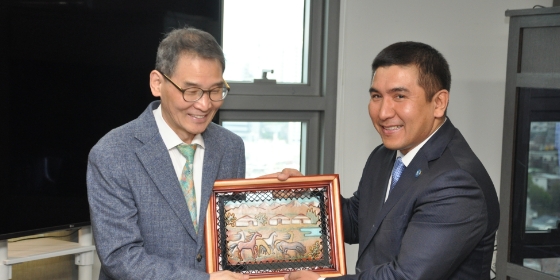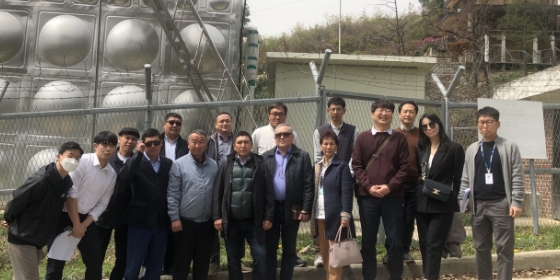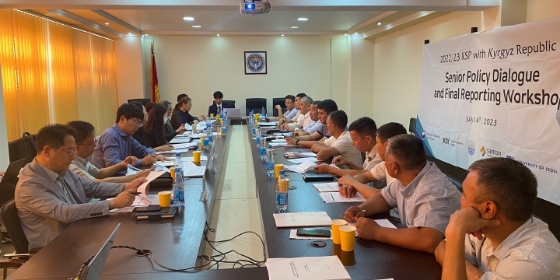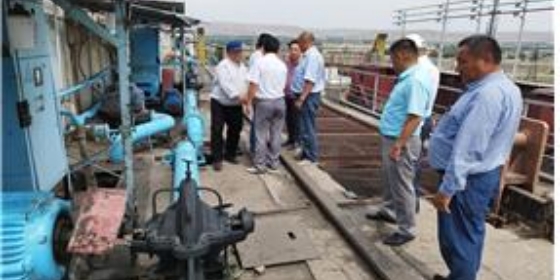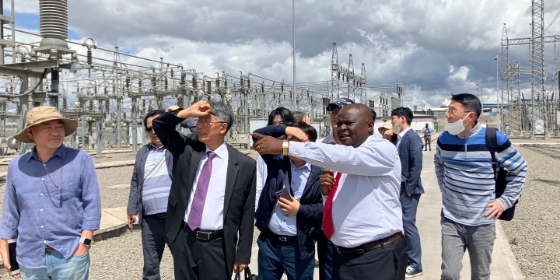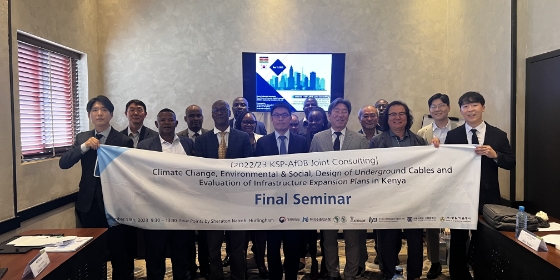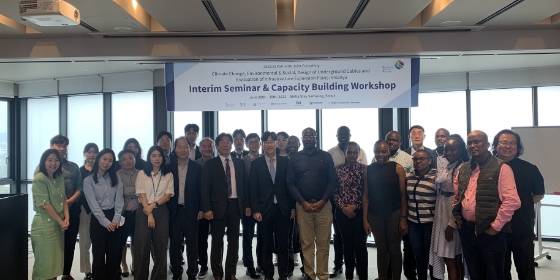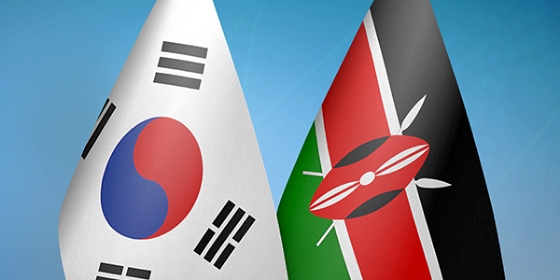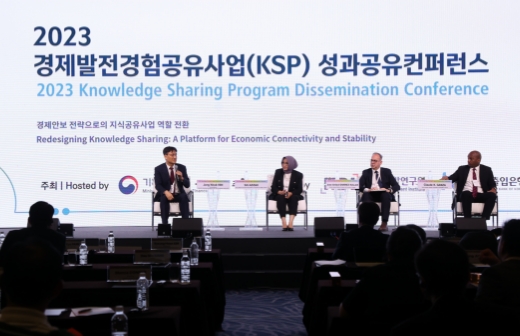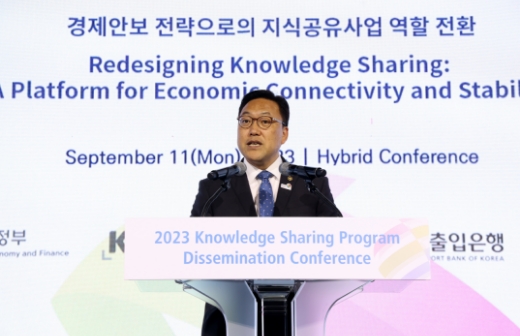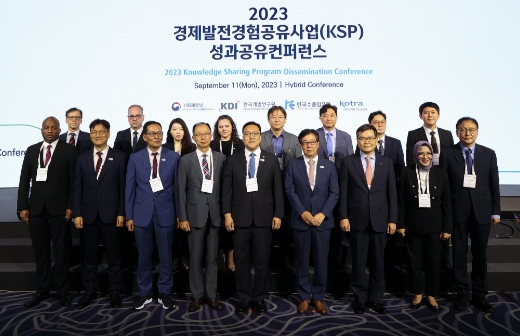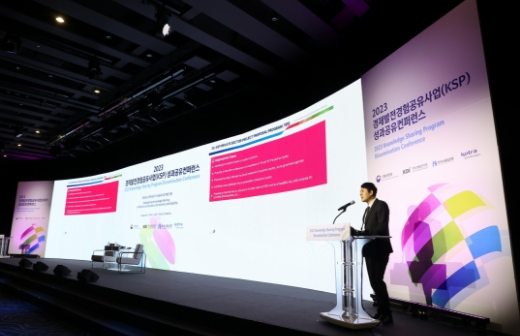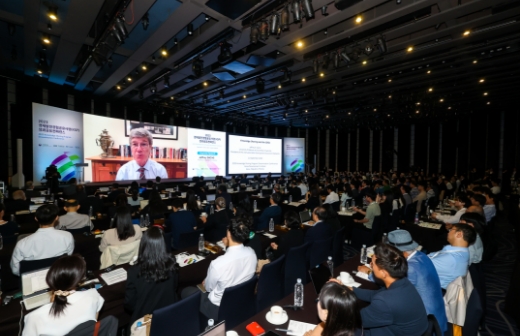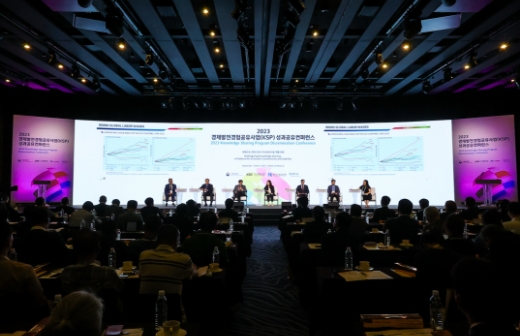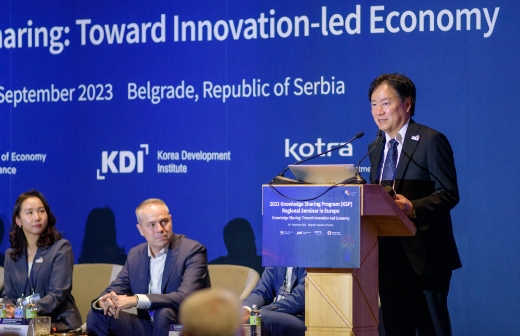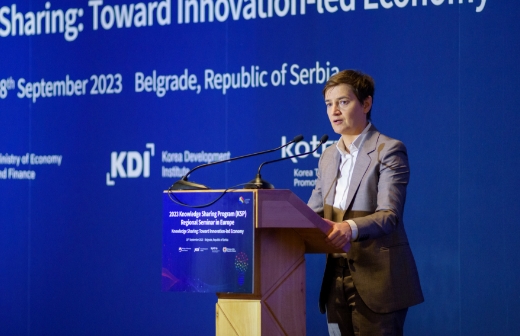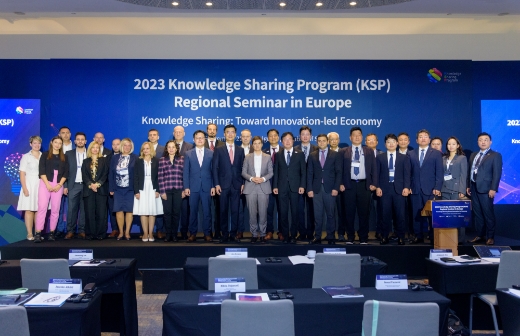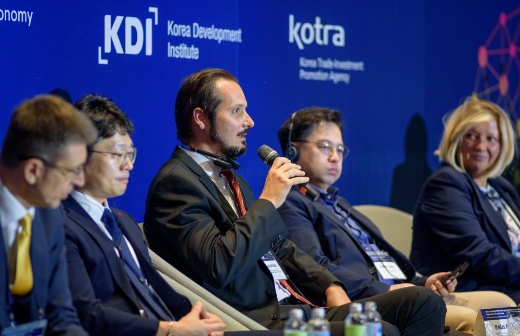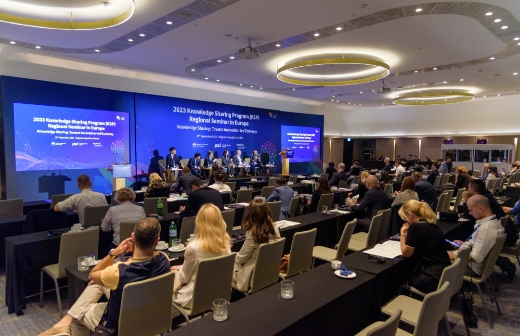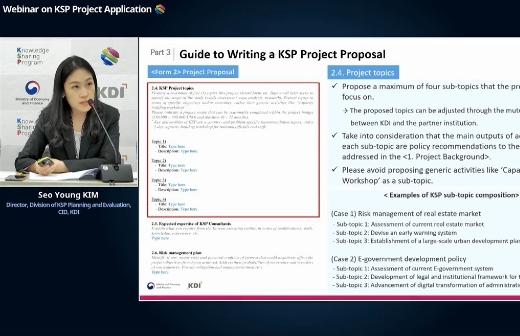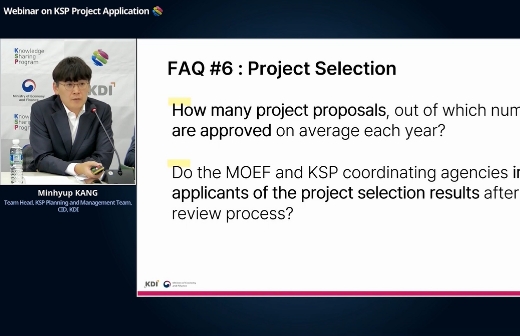The Knowledge Sharing Program(KSP) initially focused on sharing South Korea's successful economic development experiences with developing countries, establishing itself as a leading knowledge-based development cooperation program. More recently, the KSP has expanded its expertise scope and global partnership, transforming into a global knowledge-sharing brand that not only shares knowledge but also strives for mutual understanding and economic cooperation between Korea and its partner nations. Since 2010, the KSP has shared its economic diversification experiences with Middle Eastern countries and market economy development policy experiences with regime transitioning countries in the Eastern Europe. Notably, in the 2020s, there has been a significant increase in demand for KSP among leading economies seeking to collaborate with Korea on addressing global challenges such as infectious diseases, climate change, and critical technologies.
Such interest in partnership is also evident through the 2022/23 KSP with Australia. In 2022, Korea and Australia laid the groundwork for new, mutually beneficial collaborations. Amidst the technological dominance of the US and China, Australia has been striving to form technological alliances with key countries to enhance its national interests and lead the integration of standards in the Asia-Pacific region. Korea, as an important geopolitical partner, has strengthened its digital and critical technology partnership with Australia through the establishment of a Comprehensive Strategic Partnership (CSP), the signing of a memorandum of understanding (MOU) on cyber and critical technology cooperation, and policy dialogues on Cyber and Critical Technology. Recognizing the high level of commitment to cooperation, the Australian National University Tech Policy Design Centre (ANU TPDC) requested KSP collaboration with Korea in June 2022. The ANU TPDC and KDI have conducted joint research to explore cooperation in Artificial Intelligence, Next-Generation Mobile Telecommunications, and Quantum Technology. The commitment to continuous bilateral cooperation was reaffirmed during policy briefings for senior Australian government officials in August 2023.
As this shows, KSP cooperation with Australia has served to identify areas of mutual interest where Korea can contribute jointly with other advanced economies, while also expanding the scope of potential collaboration. This aligns closely with the KSP's aim of broadening the concept of mutual learning between countries based on development experiences and knowledge. By promoting technological innovation through bilateral knowledge sharing in the fields of digital and critical technology, the KSP has offered a new model of cooperation beyond the sharing of economic development experiences. Through these contributions to establishing international norms for digital and critical technologies while laying the groundwork for future expansions by Korean businesses, the KSP is expected to play a leading role in broadening the scope of global knowledge sharing and cooperation.
2022/23 KSP with Australia
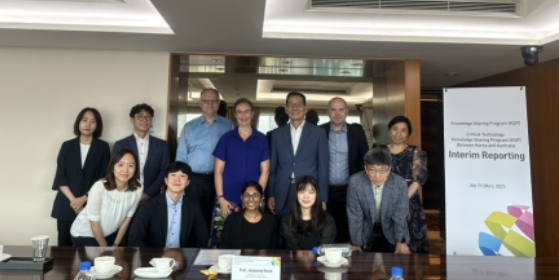
- Project Title: Australia-Korea partnership on Critical Technology and Digital Economies
- Partner Institution: Australian National University Tech Policy Design Centre (ANU TPDC)
- Objectives
- To establish a collaborative framework for Korea-Australia Technology Standardization and Private Sector Cooperation
- Identification of Critical Technologies in Australia and Korea for Global Rule-setting and Standardisation























